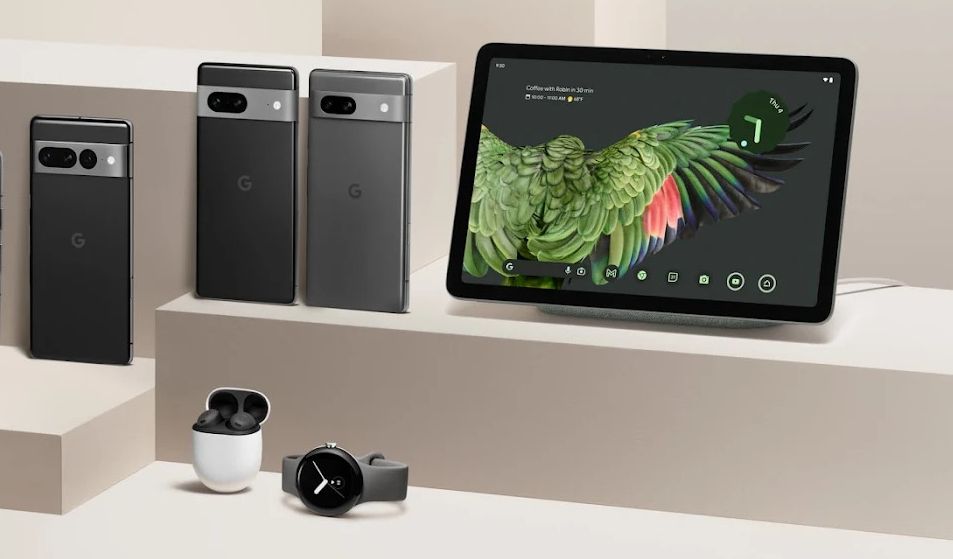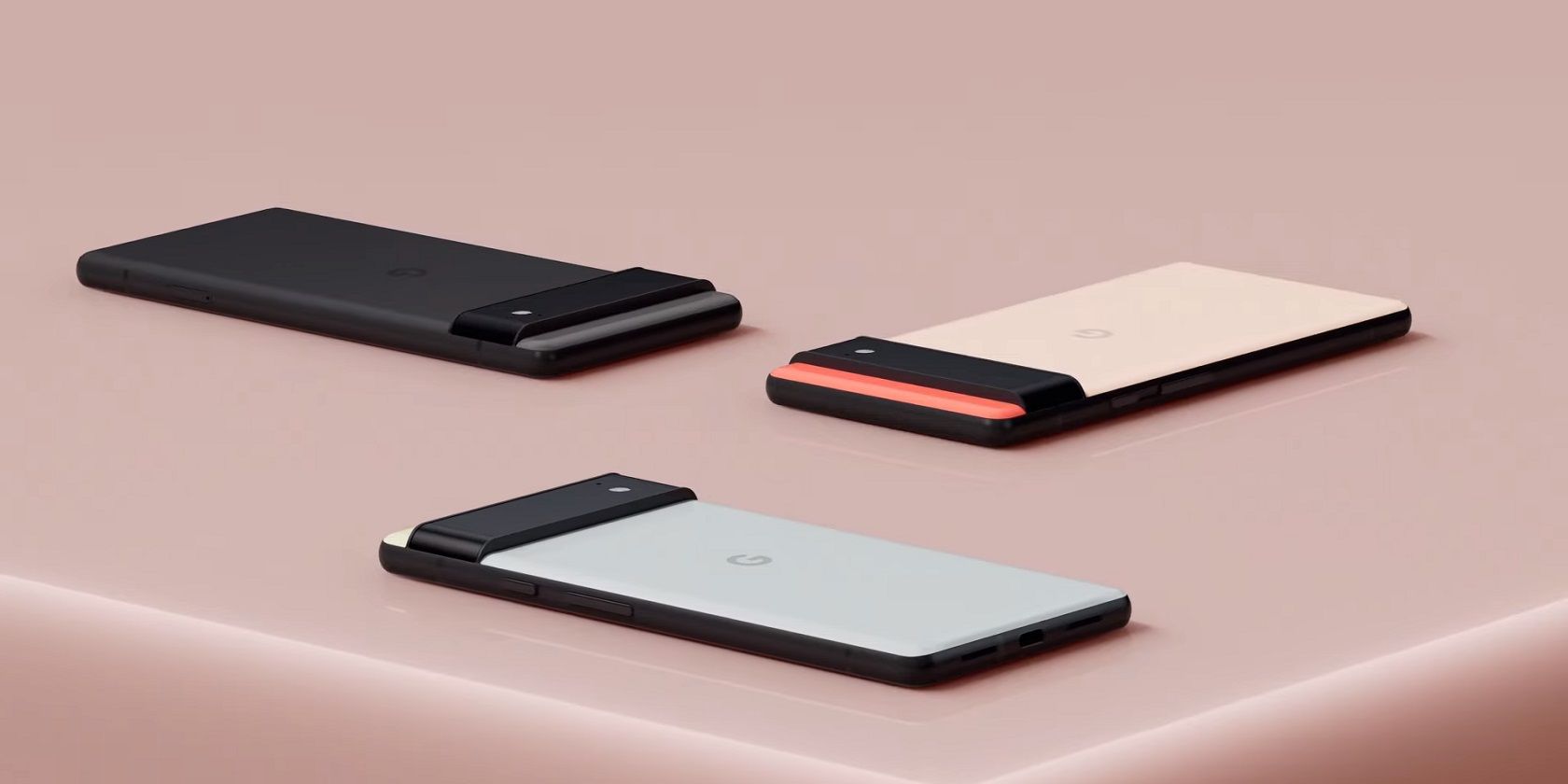More than two billion people around the world use Google's Android. It's accessible, easy to use, and extremely customizable. But Google adds updates and features for Pixel phones before sharing them with other manufacturers. In some cases, certain features stay exclusive to Pixel devices.
While it makes sense for a company trying to grow its hardware, it only increases fragmentation and goes against some of the principles Android was built on. Here's why Google's focus on its Pixel phones is holding the company back and negatively impacting the development of Android.
Google's Pixel Ecosystem Approach
Google has seemingly good intentions with its Pixel ecosystem, especially the phones themselves. But why is Google so keen on limiting certain features to Pixel devices and so hesitant to share with other manufacturers?
There are three primary reasons behind Google's push for Pixel devices and its corresponding ecosystem. These are to showcase and test new Android features, sell Pixel phones, and to push users toward the rest of Google's hardware ecosystem. While these reasons may seem valid, I feel the result is still a net negative for the company and its users.
Google Is Trying to "Apple-ify" the Pixel
Google has been building its Pixel hardware ecosystem for some time now. It seems Google is intent on bundling hardware and software in a way that competes with the likes of Apple and, in some ways, Samsung.
The Pixel ecosystem includes smartwatches, smart home devices, tablets, earbuds, and, of course, the lineup of Pixel phones. Google is seemingly investing an immense amount of resources into this ecosystem at the expense of things that improve Android as a whole.
The annual Android OS updates have already been getting less significant for a number of years, with Google introducing the best new features in its own apps and services. The new focus on Pixel hardware is exacerbating the problem. It goes against Android's nature as an open-source operating system.
Essentially, it appears Google is taking a few steps away from developing Android for all devices, and instead tailoring the operating system for its own phones.
This increases fragmentation and puts more development responsibility in the hands of manufacturers that might not have the capability to maintain a high-quality Android experience for their users. There are so many different Android skins, and some are definitely better than others.
Google Locks the Latest Android Features Behind Hardware
It's one thing for an app or software to rely on specific hardware, like an app for capturing 3D imagery requiring specific cameras on the phone. It's another to place arbitrary limits across generations of Android devices to prioritize Pixel phones for the sake of making device sales and corralling users into a closed ecosystem.
While there's some credence to the idea that having the Pixel makes it easier for Google to test new features, it's hard to ignore the fact that the operating system is mostly the same across devices. At the very least, Google could offer an opportunity to apply for feature betas while on different devices.
If anything, you could argue that this would make it easier to test updates at scale, nullifying the idea that updates should be run through the Pixel first for the sake of testing. Don't get me wrong, I understand why Google is making these decisions, but it's clear that the company isn't entirely prioritizing the experience for all Android users.
Google Should Choose Android Over the Pixel
Android is, as things stand, a great OS, but it's hard to watch its owner try and push users to buy specific hardware to access unique and exclusive features. It would make more sense to see this coming from the likes of Apple or Samsung, not a company that found success by offering the contrary. Google's foundation was built on accessibility, an open-source nature, and hardware diversity.
It's fine for Google to spend resources making the hardware as good as it can be, but it shouldn't come at the expense of making Android great for everyone.
If you pay close enough attention, though, you can see some of the problems Apple's ecosystem has already showing up in Google's Pixel ecosystem. Hopefully, Google doesn't add to the list by pushing users to seek alternatives.




